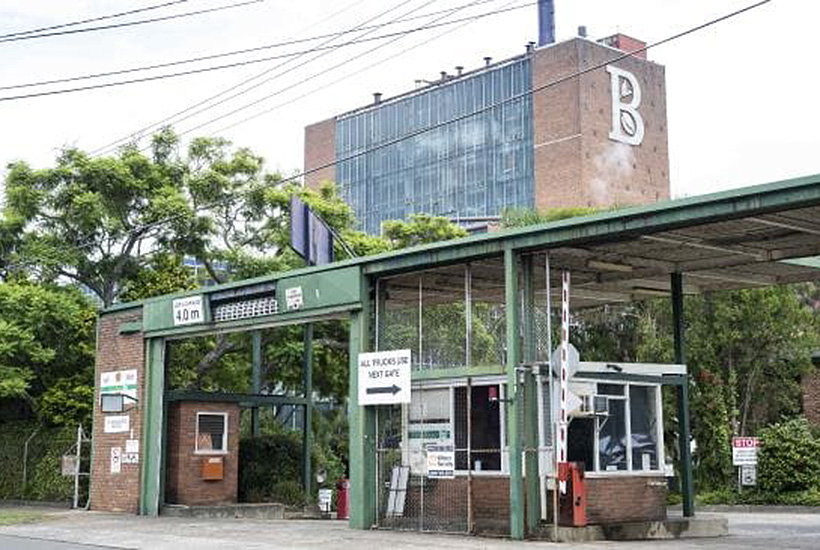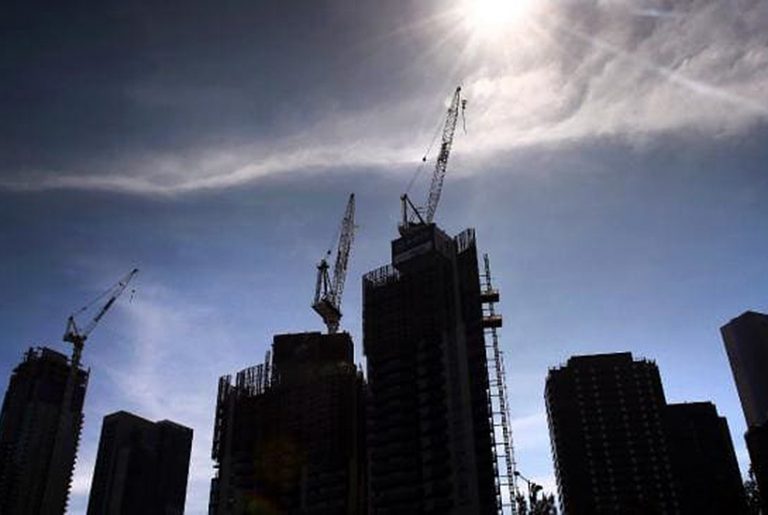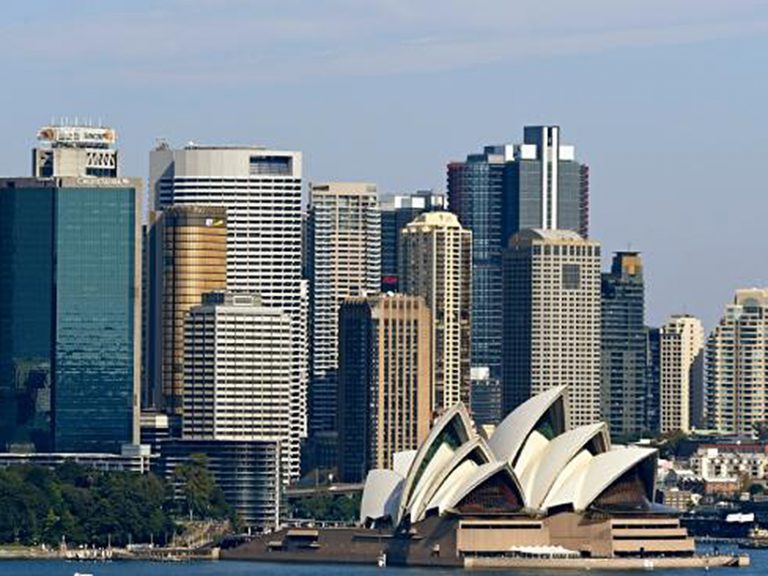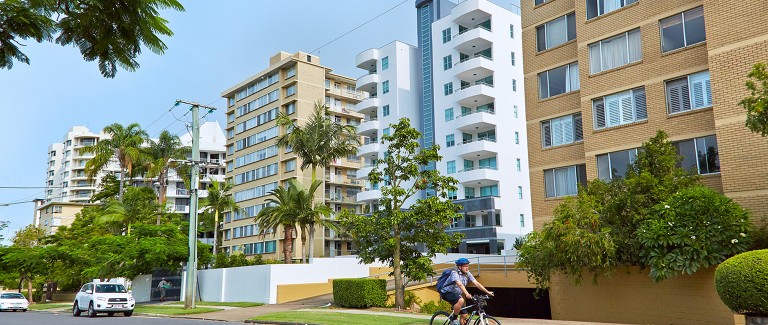Chinese bail on dozens of development sites

Dozens of development sites in Sydney, Brisbane and Melbourne, some large enough for 600-unit apartment towers, are hitting the market as Chinese developers plagued by poor buyer appetite and lack of finance are forced to sell.
The Bushells site in Sydney’s Concord that can sustain more than 600 units is understood to have hit the market at the behest of its Asian owners at a price tag of about $200 million but has already been rejected by a troika of developers spooked by the looming real estate crash amid the 9 per cent drop in average residential values across Sydney last year.
Businessman and property developer David Kingston, a former Rothschilds investment banker, says apartment development site prices could halve this year.
Commercial Insights: Subscribe to receive the latest news and updates
“The apartment market is in serious trouble and development sites are falling in price. A lot of Chinese paid pretty big prices in 2016 and a lot of development sites doubled or trebled in value between 2014 and 2018 and they will halve or worse,” Kingston told The Australian.
“I am certain the Chinese will be selling development sites for multiple reasons including the fact that development margins have disappeared and values have plummeted. The ability to obtain development finance has been substantially reduced, and the ability to pre-sell apartments has collapsed.”
Adding to the problem, Kingston says foreign apartment buyers are being slugged with substantially increased stamp duties.
“There is a very subdued economy in China and the government in China is tightening the ability for Chinese to invest outside the country,” he says.
“In Australia the commercial banks are substantially tightening lending both to developers and unit buyers or investors.
“Sentiment plays a very big part in residential property and when it goes up there’s a fear of missing out and everyone wants to buy in, and when it goes down it’s the opposite effect.
“The psychology in residential is very important.” Kingston heads K Capital, which owns several tourism assets and is seeking approval for plans for his 30-level Roxy Tower office tower in the heart of Parramatta, in Sydney’s west.
Kingston believes Sydney’s eastern suburbs will retain its value to a better degree or decline to a lesser extent during the property downturn because it is a relatively small area.
“(But) apartment prices in Parramatta, Liverpool and Burwood are coming off 20-25%, therefore the value of development sites will come off 50%,” he said.
“I am looking to buy in Sydney because the market is under a lot of pressure. Some value will start to appear in 2019 for astute investors. But there will not be any quick bounce, it will take some years for the market to stabilise and then it will start to grow again.”
CBRE national director Mark Wizel said there had been “somewhat of a slowdown” but said this was confined to the bottom end of the market when it came to Chinese developers. “This has affected, somewhat, the sub-50 apartment and sub-20 townhouse markets in Melbourne,” he says.
But Wizel says there is solid interest from Chinese developers who have purchased and developed in Melbourne at the upper end of the market.

“If anything the slowdown in the residential market has started to eliminate some players that considered themselves to be developers that actually were just trying their hand at delivering a small block of apartments,” Wizel says. “The real developers are still around, they are still buying and, while selection of sites may be a bit more detailed at present, their confidence to secure a pipeline for their business remains strong.”
Other agents speaking off the record says the majority of sites in Sydney’s west and outer west are being sold by Asian groups that had paid too much at the height of the property boom.
In central Sydney, a major financial advisory firm for Asian investors, iProsperity Group, and its partner, China-based institutional fund manager Bridge Capital, are selling 333 Kent St.
They picked up the office block that now has approval for a luxury hotel and residential apartment block for a symbolic price of $88.8 million (888 is considered a lucky number in China) but are now asking an ambitious $140 million.
Most of the Chinese development site sales are in outer Sydney. Closer to the CBD, real estate agency Savills insists that in some cases Chinese and Hong Kong-based buyers are still buying up sites with a resurgence of Asian capital in higher-priced inner-city suburbs Haymarket, The Rocks and Milsons Point.
“With five out of our past six deals at the end of last year secured by mainland Chinese and Hong Kong buyers, the sentiment is that this will continue,” Savills NSW state director of metropolitan and regional sales Tom Tuxworth says.
However, he conceded that Chinese buyer appetite was slowing. “While the number of buyers engaging in these properties has declined since 2015, there are a number of new and established players in the market looking for well-located investments,” he said. “The Chinese buyer mandates we are currently dealing with are not reliant on local funding, and buyers have the ability to purchase with cash and settle quickly.”
Savills has gained sales from Chinese, Singaporean and Hong Kong buyers for properties in Carlingford, for $22.6 million, as well as in The Rocks and Milsons Point.
Tuxworth insists Asian capital is still chasing local properties. “Sydney is still high on the agenda for offshore buyers,” he says.
– with Ben Wilmot
This article originally appeared on www.theaustralian.com.au/property.







